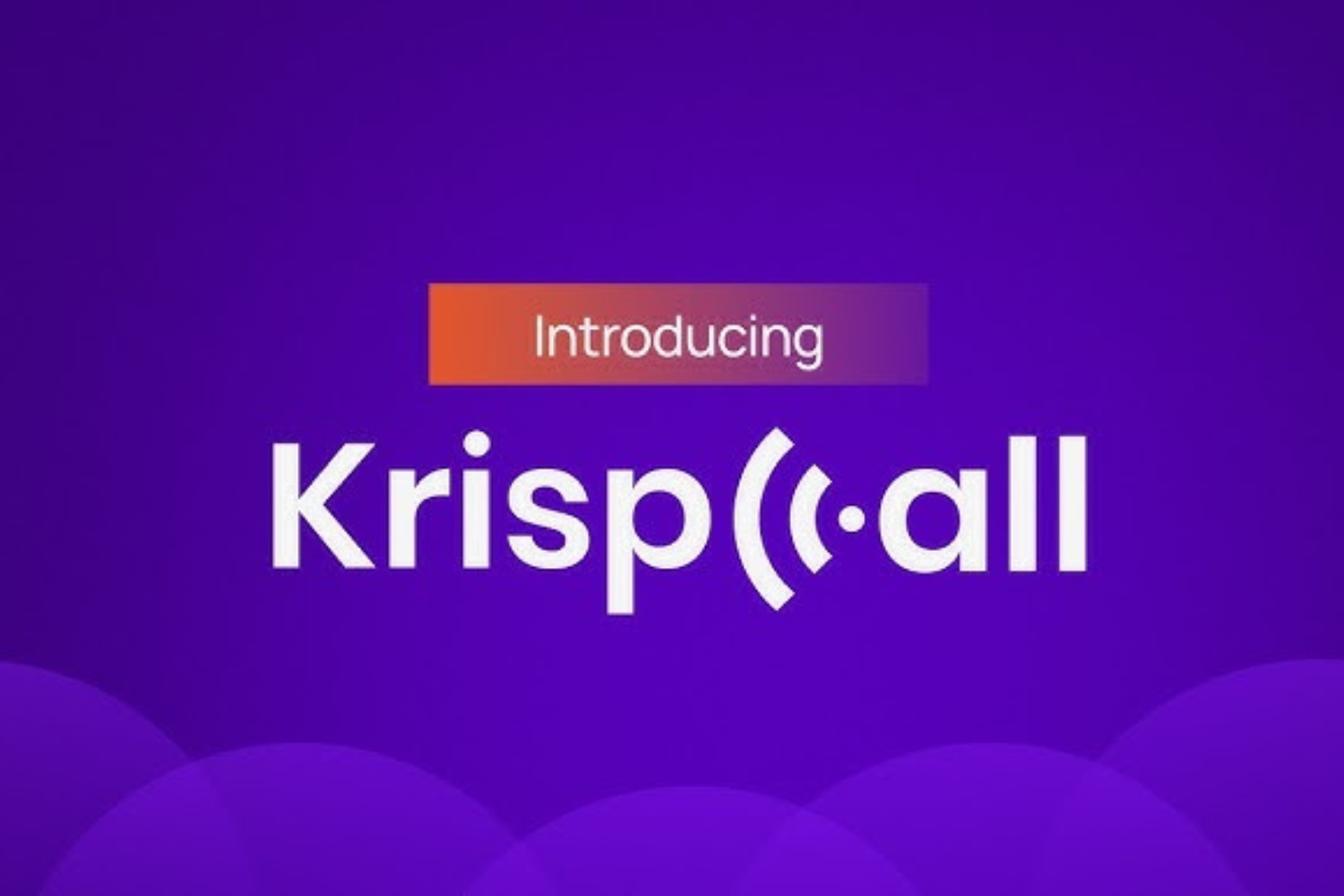Graduating is a monumental achievement, symbolizing years of hard work, dedication, and perseverance. As you close the academic chapter and embark on a new professional journey, the challenge of securing your first job post-graduation looms large. In the fiercely competitive job market, standing out is paramount.
A simple yet effective way to highlight your career job readiness for the professional realm is by maintaining a pay stub form. This document, while showcasing your past earnings, also underscores your meticulousness and commitment to financial transparency. Let’s delve deeper into seven comprehensive strategies to enhance your employability after graduation.
1. Network While You’re Still in School
The power of networking cannot be overstated. Your time in school is ripe for forging valuable professional connections. Attend as many seminars, workshops, and career fairs as your schedule permits. Engage in meaningful conversations with professionals, seek their insights, and express your aspirations. Internships, often secured through networking, provide a glimpse into the professional world and can sometimes transition into full-time roles.
2. Make Every Application Count
A one-size-fits-all approach rarely works in job applications. Each employer has unique requirements, and your application materials should reflect that. Scrutinize the job description and align your resume and cover letter accordingly, emphasizing relevant experiences and skills. A tailored application demonstrates your genuine interest in the role and the company.
3. Showcase Your Skills and Achievements
In our interconnected digital era, a robust online presence can be a game-changer. Platforms like LinkedIn allow you to highlight your academic and professional milestones, garner recommendations, and engage with industry stalwarts. Regularly updating your profile and participating in relevant discussions can increase your visibility to potential employers.
4. Gain Relevant Experience
Academic laurels, while commendable, are often complemented by hands-on experience. Seek internships or part-time roles that align with your career goals. These experiences provide practical insights, help you apply theoretical knowledge, and often give you a competitive edge in job interviews.
5. Improve Soft Skills
While domain-specific skills are essential, employers increasingly value soft skills. Abilities like effective communication, adaptability, teamwork, and critical thinking are often the differentiators in the hiring process. Engage in activities that challenge and refine these skills, be it debates, group projects, or leadership roles in clubs.
6. Continuous Learning is Key
Industries evolve rapidly. To remain relevant and attractive to employers, continuous learning is crucial. Familiarize yourself with emerging technologies, methodologies, and best practices in your field. This not only demonstrates your commitment to the profession but also ensures you bring the latest knowledge to the table.
7. Seek Feedback and Be Persistent
No one is immune to rejections. However, each rejection offers a learning opportunity. Instead of viewing them as setbacks, solicit feedback. Understand the areas of improvement and work on them. A proactive approach, combined with persistence, often paves the way for eventual success.
Conclusion:
Transitioning from academia to the professional world can be challenging, but with strategic planning, dedication, and a growth mindset, you can navigate this phase successfully. Embrace each experience, continually refine your skills, and remain persistent in your endeavors. With these enriched strategies, you’re poised to make a mark in your chosen field.




